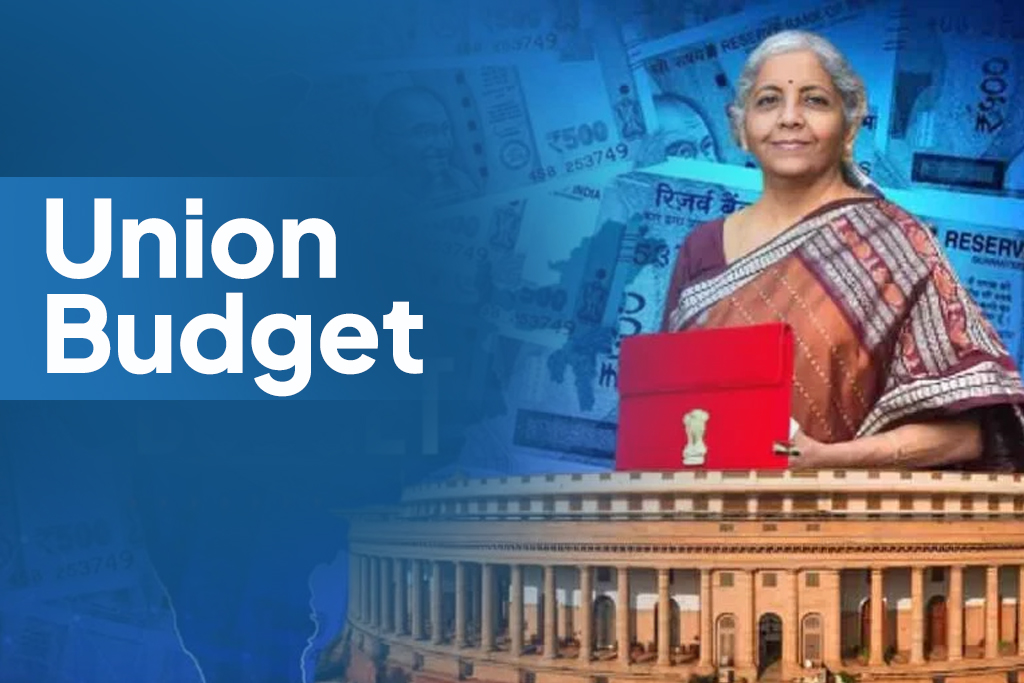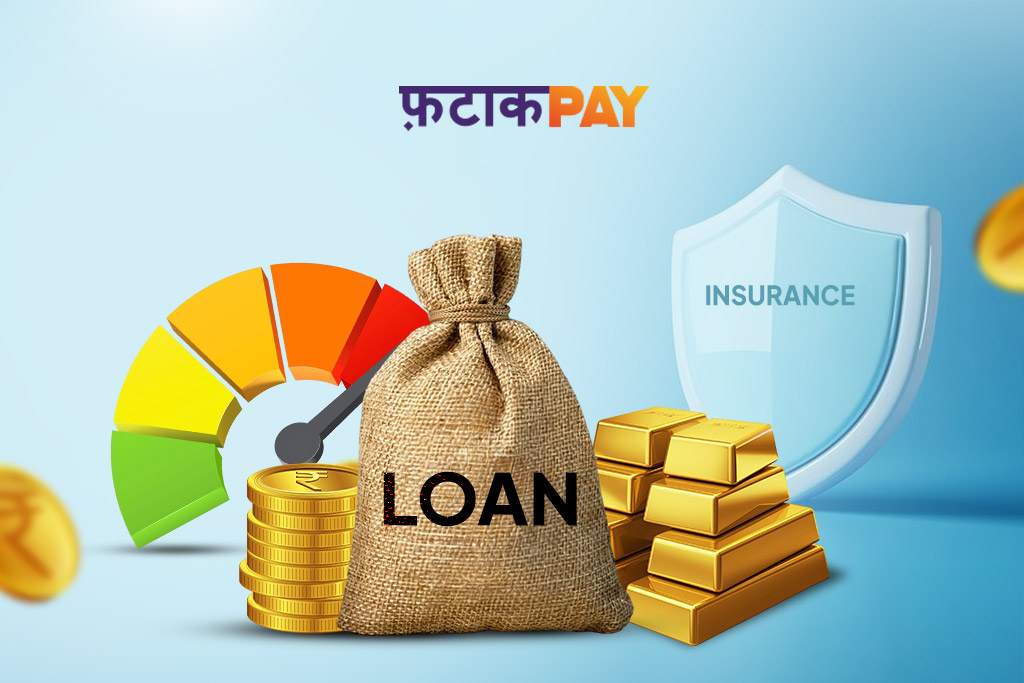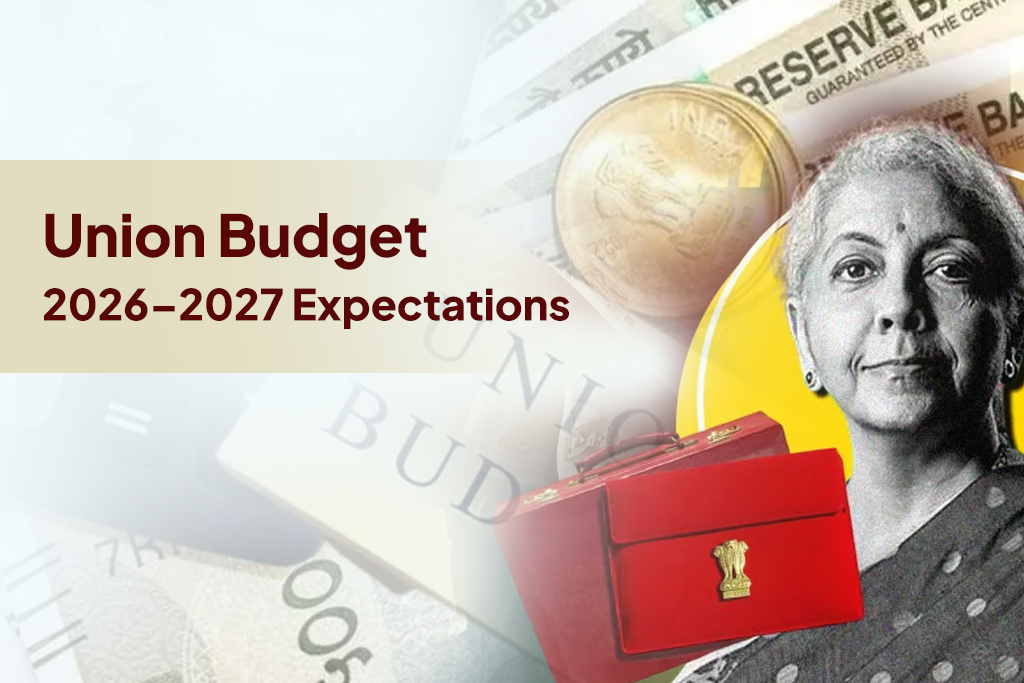The demand for credit facilities has increased rapidly with the emerging growth of BNPL i.e., buy now pay later option. It provides easy access to credit since credit cards function on a deferred payment rule, which means that the card can be used in the present and the payment can be made thereafter. Approximately five million new credit cards were issued by forty banks and credit card companies in India. The convenience and security bring a sense of significance and importance to its nature. They can also be used in times of emergency as a few credit cards allow withdrawal up to a certain limit in the case of an emergency with no interest charged for a time period of forty-five to fifty days.
The rate of success of credit card inquiries fell drastically in the early days of the pandemic from around 45% in January 2020 to just over 30% in May 2020. Nevertheless, the credit card business bounced back by the end of December the following year. The advantages of credit cards are not limited to just purchases made on credit. With the appropriate use of the credit period and the timely repayment of the amount used, there can be a raise in the CIBIL score. This helps individuals to obtain loans with less difficulty in the future. Rewards,cashbacks and travel perks are some of the other miscellaneous benefits that are included as a part of the credit card facility. Recurring payments like electricity bills, telephone expenses, rentals can be paid using this cashless facility.
However, credit cards still remain an aspirational product in our country. Despite its enormous benefits, it remains an aspirational product used by only 3% of the Indian population as compared to a 32% usage in the United States of America. As per the latest consensus, only 52 million credit cards were issued in the country with a population of 1.39 billion.
Following are the reasons why the usage of credit cards is still at a nascent stage in India:
Lower income and purchasing power: India is still a developing country. A majority of its population lives on an annual income of less than one lakh rupees. This makes it difficult for even the banks and credit card companies to issue credit cards, due to a lower number of people qualifying for its criteria. The bulk of our population believes in fulfilling the basic necessities and living a hand to mouth life.
The conservative attitude towards savings: Most of the Indian population work in the unorganized sector. Competition is cutthroat and with companies in the organized sector offering better products and services, individuals and small businesses are perpetually skeptical of leveraging their corpus. They prefer and are more inclined to save it for a rainy day or in case they went out of business or a job. Furthermore, retirement savings are extremely important in our country as there is no government aid in case of emergencies and any unforeseen circumstances.
A way of Indian culture: From childhood, we have always been taught to immediately pay for any product we used or services that are taken. The concept of living on credit was never inculcated into the minds of young Indians. The western culture of credit has slowly been (embedded) into the minds of aspirational young Indians since the start of this century.
Higher interest rate charged: Banks and credit card companies in India charge an average interest of 40% per annum on credit card loans. This higher percentage drives the average Indian away from using this facility fearing the vicious circle of debt they may get into.
An aspiration value for credit cards isn’t necessarily negative for the country. On the contrary, value is necessary to foster the growth of the credit card business. As the GDP per capita grows in India, the disposable income of the citizens of this country will be poised to increase. We at FatakPay are looking to latch onto this momentum and ride the wave of the growth of the credit facilities industry. With technology improving round the clock and the incessant rise of digital payments, we believe that virtual credit facilities serve a better purpose than physical ones. Additionally, the fear of misplacing or damaging the card is also omitted. We aim to equip every Indian with credit facilities on the phone so that its advantages can be experienced by individuals from all sections of the society.
Turn credit from aspiration to empowerment with FatakPay. Access instant personal loans and small credit lines anytime, anywhere.
Apply now on FatakPay and unlock financial freedom.
| Instant Loans by Amount | |||
|---|---|---|---|
| ₹1500 Instant Loan | ₹2500 Instant Loan | ₹5000 Instant Loan | ₹10000 Instant Loan |
| ₹12500 Instant Loan | ₹15000 Instant Loan | ₹17500 Instant Loan | ₹20000 Instant Loan |





